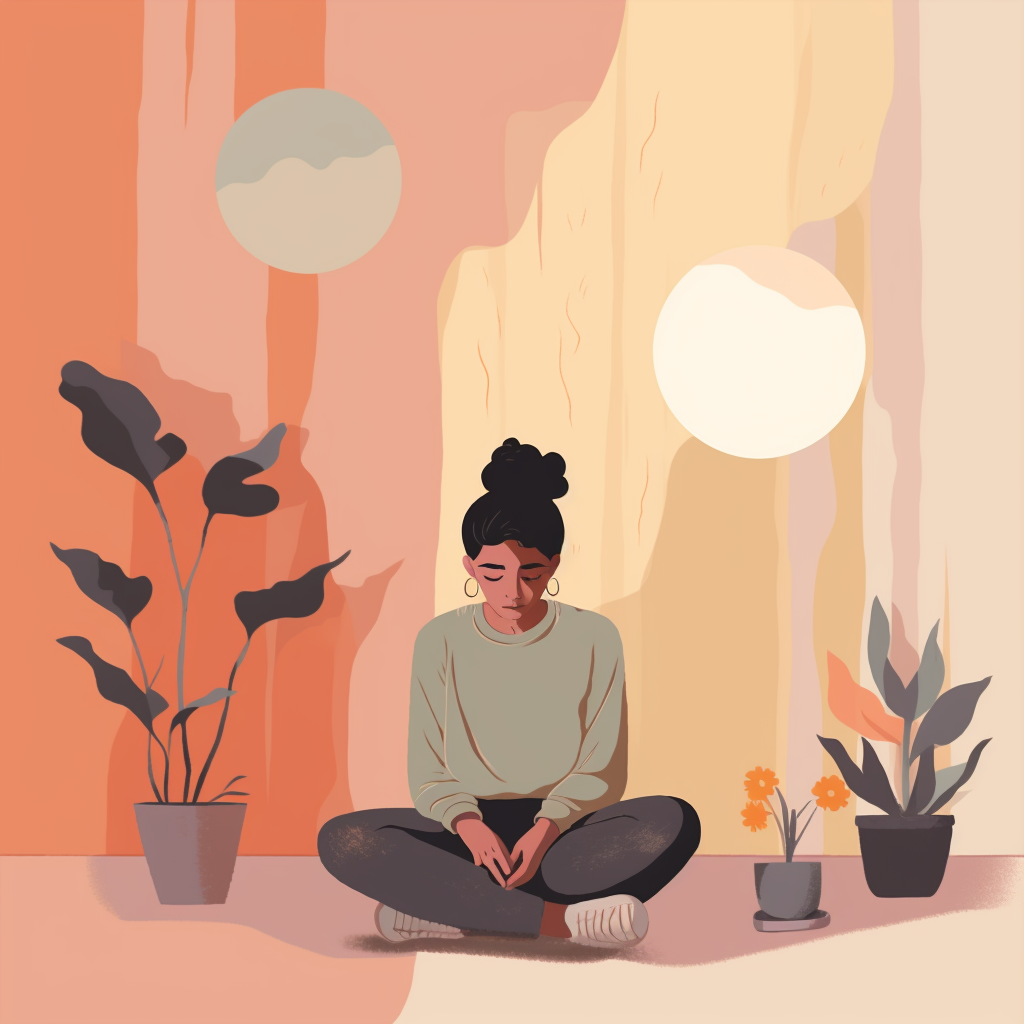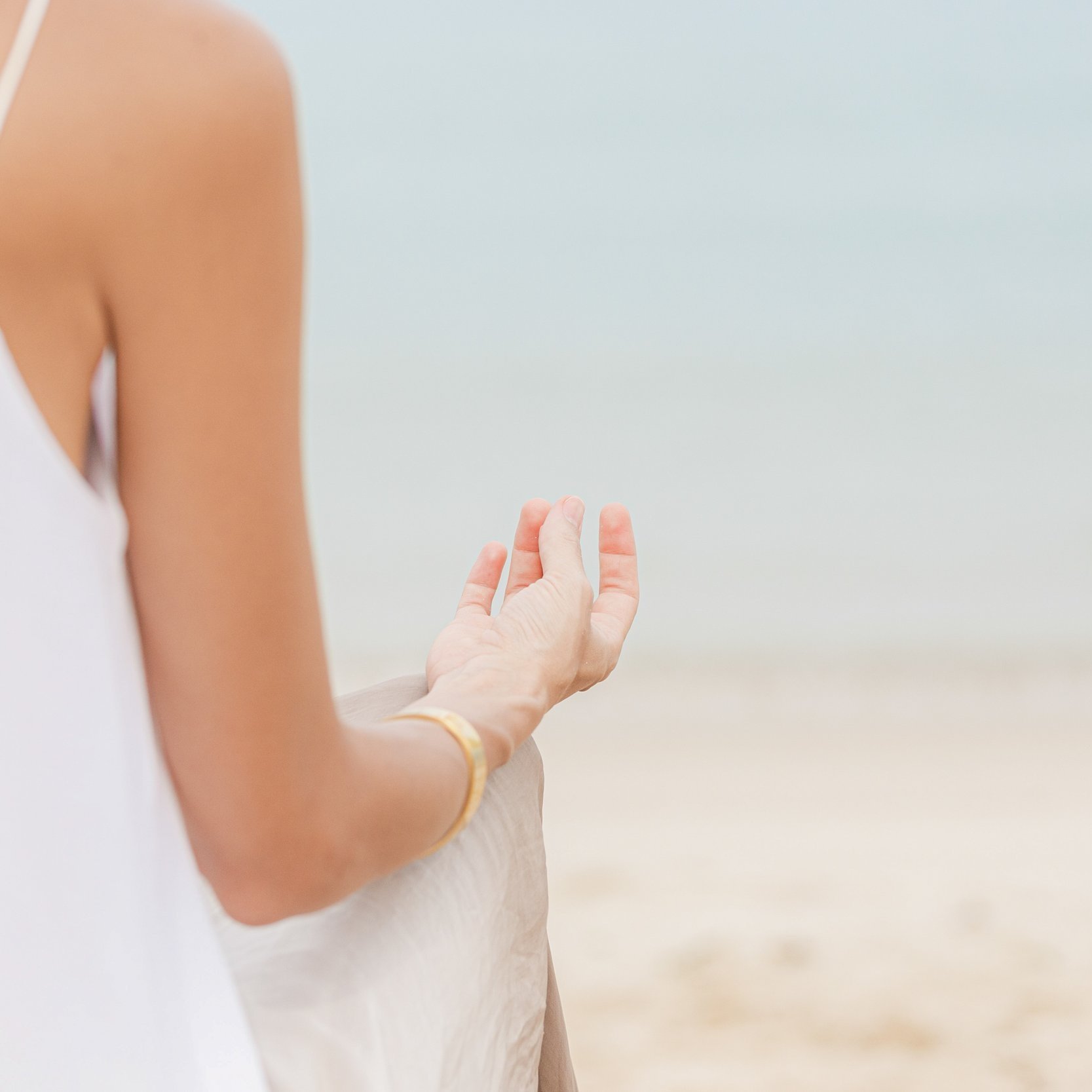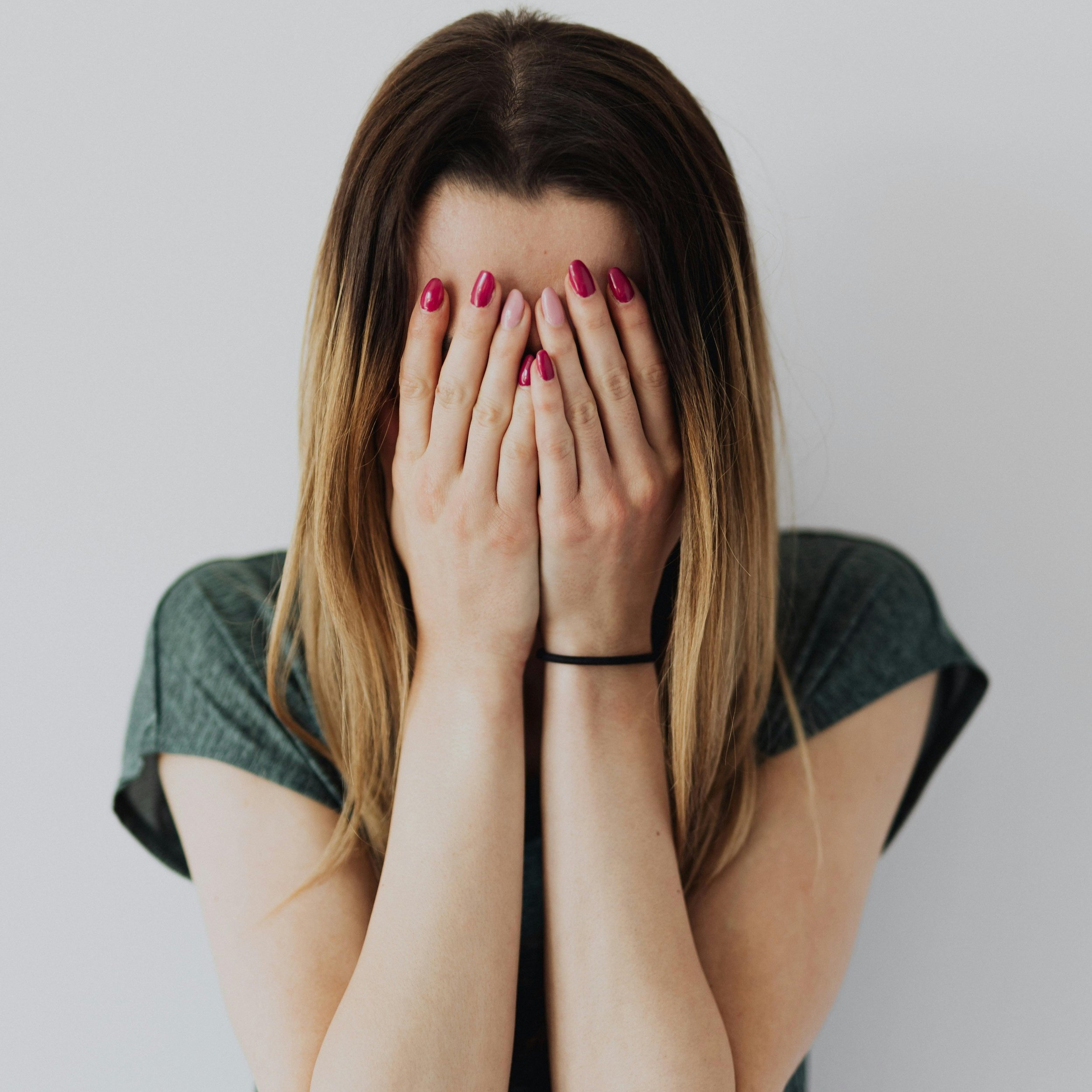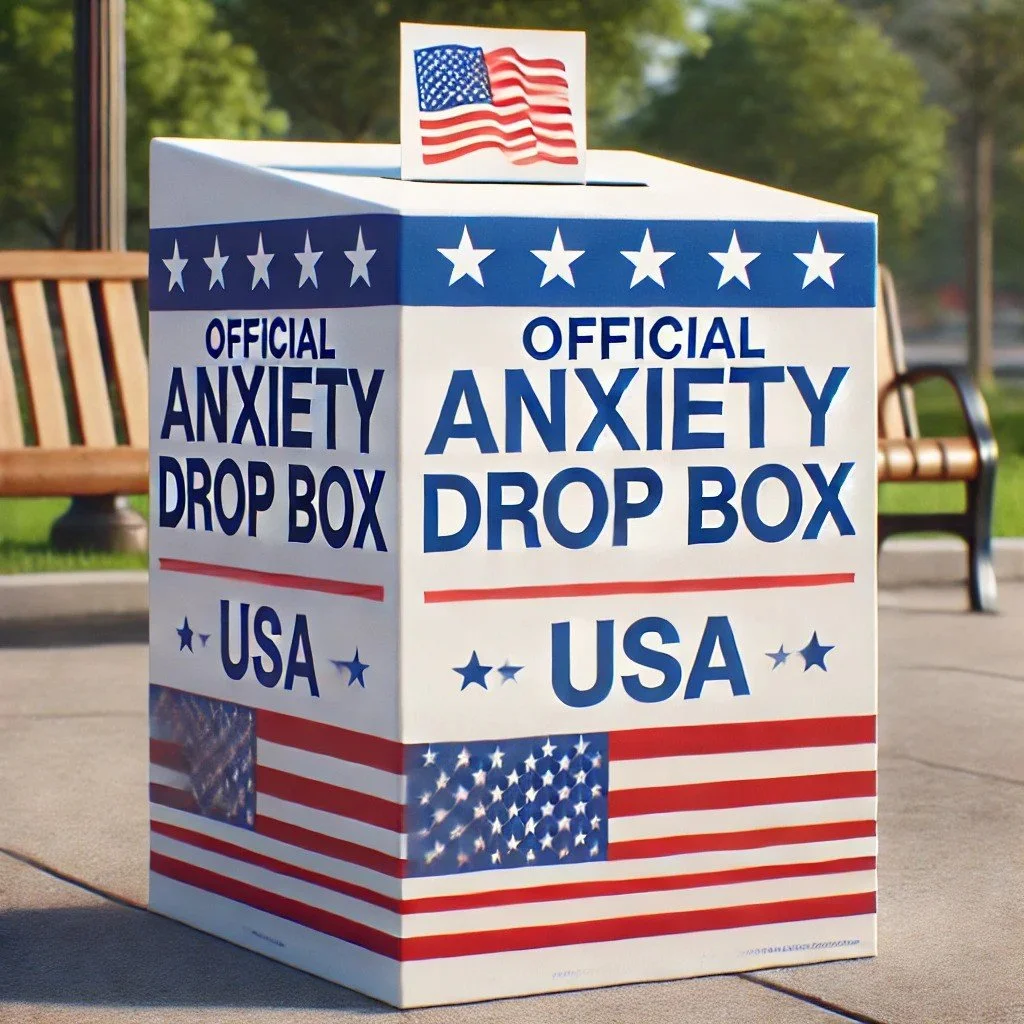11 Things You Can Do Right Now to Lower Your Anxiety
Everyone’s anxiety has gone up this year, and with good reason. We’re all facing new and intensifying stressors, while having limited access to ways we may have previously coped well. Here are some ideas for things you can try right now, whether your anxiety is at a 3 or a 10:
1) Breathe and recognize your anxiety is not an emergency.
Your anxiety isn’t something to “fix” right in this moment. Often our anxiety is a physiological arousal linked to a threat, however realistic, exaggerated, removed, or unconscious. Try thinking of whatever body sensations you’re experiencing as information that is neither good nor bad. Get curious and compassionate with yourself, and remind yourself that you don’t have to take action immediately unless you or a loved one is in physical danger.
2) Try progressive muscle relaxation.
It’s free, simple, and has been shown in some academic studies to reduce anxiety as affectively as medication when done routinely. If you don’t have time to do the full body routine, trying clenching your hands, shoulders, or the back of your legs as hard as you can and holding for ten seconds before releasing.
3) Eliminate unnecessary stimuli.
This may be obvious things like noise or light, but could also be the presence of your phone, visual clutter, or that nagging feeling that you need to do the dishes. Sometimes a small change in your environment can have a big positive impact on your mood.
4) Give and receive physical affection.
Try it with a with a friend, partner, or pet. Touch releases oxytocin, a powerful calming hormone. If you're alone, try massaging your skin with your hands, as this helps release the same hormones that create calm.
5) Hydrate and reduce caffeine intake.
When our bodies don’t have enough liquids, we go into survival mode, which can create physiological discomfort and feelings of distress. Make sure you get plenty of water, and take a look at your caffeine intake. Consider cutting down on how much and how late you consume caffeinated drinks. Also consider your alcohol intake and the later-effects of over-imbibing.
6) Try mindfulness instead of meditation.
When your brain and body are on alert, it can feel impossible to sit down for a full meditation. Mindfulness is essentially bite-sized meditation habits you can do anywhere, anytime; taking 15 seconds to appreciate the pattern of light through a curtain, or the satisfying sizzle on a skillet, or the feel of your ribs expanding and contracting as you take two or three deep breaths. Anything that brings you into the present moment and an awareness of your body is mindfulness.
7) Consider where you’re getting your news.
We all need to stay informed, but research conclusively shows that those who get their news from social media and TV have higher anxiety than those who get their news from print media such as newspapers or reputable online platforms. Consider that social media is reactive, emotional, and not fact-checked, and while TV is more often fact-checked, it is produced in such a way to deter people from changing the channel, resulting in heightened dramatization and video loops of upsetting images. You can get the same information faster and with less distress by reading rather than watching or scrolling.
8) Move your body.
Yes, this takes the most effort of anything on this list, but it is also the most effective, both in the long and short term. Exercise does not need to be torture; in fact, nobody sticks with an exercise routine they don’t find fun. Make it fun! Put on your favorite music, find a great YouTube workout, or run around with your dog for 20-30 minutes. Weight lifting is often the most effective for calming anxiety, but cardio workouts have great benefits too. If cardio isn’t your thing, that’s fine; just move your body and breathe deeply in a way that feels good.
9) Find something to laugh about.
There’s nothing quite as calming as the feeling of a good belly laugh, so pull up a comedy special, call your funniest friend, or watch Vine compilations to get a hearty chuckle in. Laughter is the best way to be comfortably in your body, and helps reduce anxiety as well as feelings of detachment and dissociation.
10) If your anxiety is approaching the SOS zone, trying “diving.”
Fill up a bowl or sink with cold water and plunge your face into it, holding your breath for as long as is comfortable. This technique works by activating your autonomic nervous system. Essentially, your body is behaving as though you are underwater, and starts conserving resources like oxygen for your vital organs rather than allocating them to emotional upset.
11) Talk to an anxiety therapist.
When your anxiety is having a negative impact on your life and you don’t know what to do next, call a professional. You don’t have to go through this alone. You deserve support, just like you deserve a calmer life.
Therapy For Anxiety In California and Florida
Our expert therapists have years of experience helping people calm their anxiety. Schedule a consult today to start learning what life could be like with less tension and worry.











